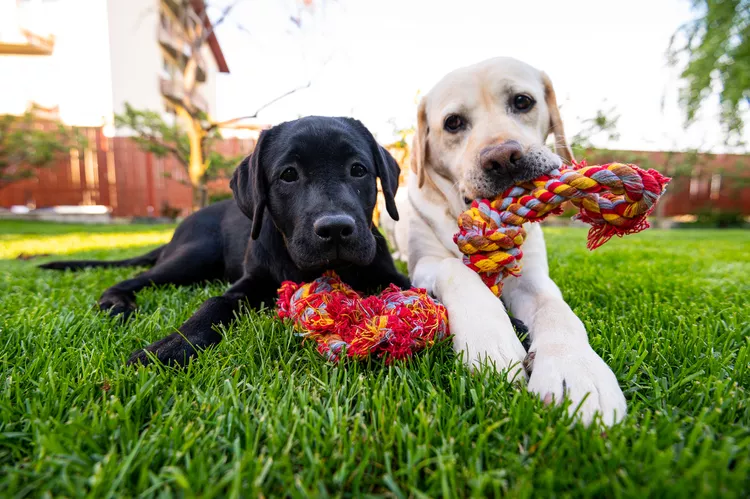
One of the most common non-food items for dogs to eat are rocks, but why do dogs eat rocks in the first place? The consumption of non-food items that provide no physical benefit to the dog can occur with a condition called pica and can be a manifestation of a true medical condition or a behavioral condition. Here's why your dog might be eating rocks and how you can stop the behavior.
Dogs eat rocks for a variety of reasons. Here are a few common reasons your dog might be eating rocks.
Different rocks contain different types of minerals, depending on the type of rock. A dog that is not eating a nutritionally complete and balanced diet, or has a medical condition that leads to a deficiency in certain nutrients, may seek out missing nutrients in the form of non-food items, such as rocks.
Certain medical conditions that cause pain or poor absorption of nutrients can lead dogs to eat non-food items. This includes intestinal parasites, food allergies, stomach ulcers, pancreatic disorders, as well as any other causes of pain. For this reason, a thorough medical work up is a very important first step in figuring out the cause of the problem and getting your pup feeling better.
Mental enrichment is a big part of caring for your dog. Many dogs need to keep busy, whether with puzzle toys, interactive play, or dog sports such as agility, dock diving, or flyball. A dog that lacks the stimulation that comes with these activities may start behaving destructively. This can include chewing furniture, shredding toys or other fabric items, such as shoes or clothes, but it can also include eating things they shouldn’t.
An anxious dog may manifest their anxiety similarly to a bored dog. This includes destructive behavior, like chewing things and ingesting non-food items. Anxiety may be generalized, or a dog may have specific anxieties such as separation anxiety, fear of noises, or other specific phobias.
Certain dogs are also susceptible to compulsive disorders. Compulsive disorders in dogs can manifest in many different ways but is always characterized by repetitive behaviors, such as tail-chasing, constant licking, spinning, chasing lights and shadows, as well as as chewing on and eating certain things.
Eating rocks isn’t just a quirky, nuisance behavior. It can actually cause intestinal blockages that require emergency surgery and can be life-threatening in certain cases. Additionally, dogs who continue to eat foreign objects and require multiple surgeries have more complications as they develop scar tissue and may have permanent damage to their stomach and intestines. The best way to keep your dog safe is to prevent your dog from eating rocks to begin with, which includes getting answers as to why your dog is eating rocks in the first place, and preventing access to rocks and other foreign objects in the future.
A dog food that is "complete and balanced" has all of the nutrients required to keep your dog healthy, and those nutrients are in the correct ratio for your dog’s nutritional needs, as described in the AAFCO standard for your dog’s life stage. If you are purchasing a commercial dog food for your dog that has an AAFCO statement (usually located by the guaranteed analysis table and feeding instructions) proclaiming it meets the guidelines for your dog’s life stage, you can rest assured that it is nutritionally complete and balanced.
If you home cook for your dog, ensuring that you create a nutritionally complete and balanced recipe can be tricky, and dangerous if your dog ends up lacking important nutrients . There are board certified veterinary nutritionists that can help you create a complete and balanced home cooked diet for your dog and homecooking should only be done under their supervision.
If your dog has an affinity for eating rocks, it might be prudent to remove rocks from your landscaping. Basket muzzle training can also be beneficial for walking your dog in areas where there may be rocks or other foreign objects they want to try to eat. A properly fitted basket muzzle will still allow for panting, drinking water, and even taking treats, albeit treats that are broken into smaller, bite size pieces.
If no physical causes are uncovered for your dog's behavior and eating rocks appears to be a manifestation of a behavior problem such as anxiety or compulsive disorder, getting these behaviors under control will be very important in stopping the rock eating and will lead to your dog feeling better mentally. It may be very helpful to work with a qualified trainer or veterinary behaviorist to figure out the exact diagnosis and design an effective approach for treatment. This often includes a combination of training, behavior modification techniques, adding additional mental enrichment through exercise and puzzle games, and sometimes medications.
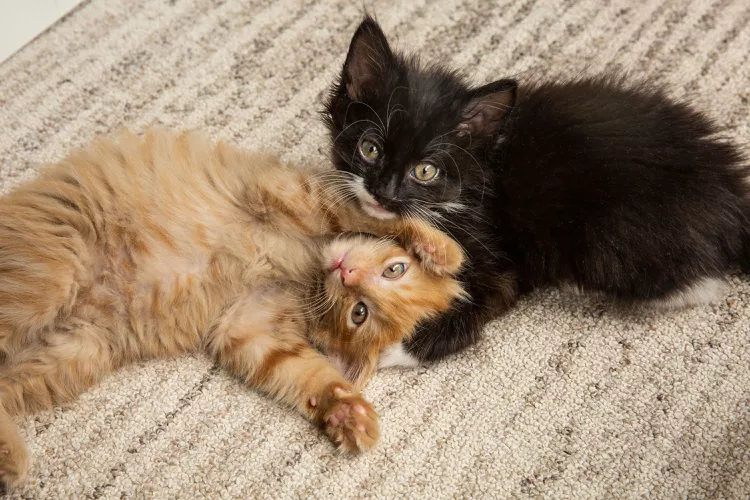
Why Two Kittens Are Better Than One
There are benefits of adopting two kittens, such as more feasible training and companionship between them.
Everything You Need to Know About Raising Your First Cat
Whether you are thinking about getting a cat or just adopted your first one, these are the things to know to make your relationship a lasting one.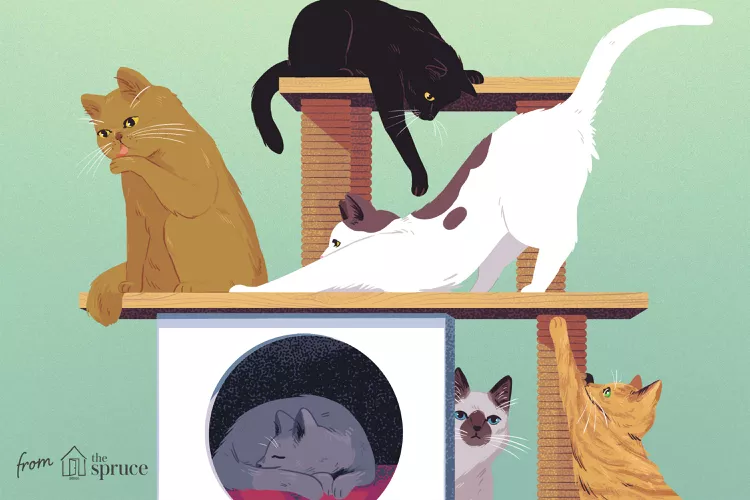
How Can I Tell the Sex of a Cat?
Telling male and female cats apart can be difficult for those who don't know what they're looking for. Here are helpful tips to discover their sex.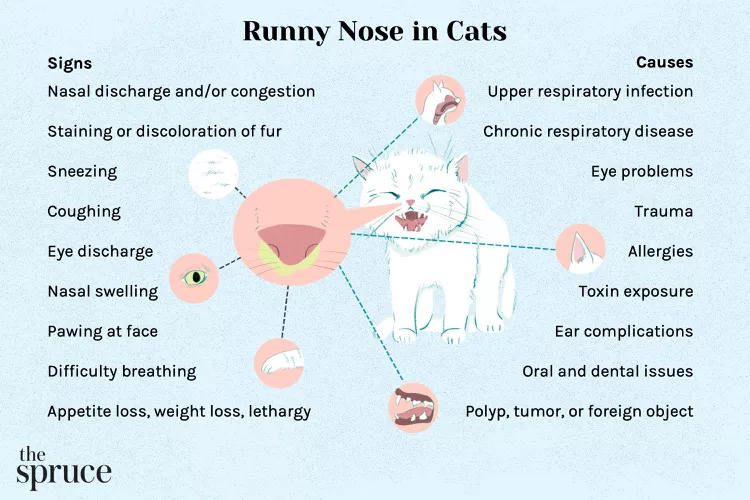
Runny Nose in Cats: Causes and Treatment
Cats get runny noses due to upper respiratory issues, but many conditions can cause this. Learn the causes of runny noses in cats and the associated signs. Find out how vets diagnose and treat cats with runny noses.
How Long Can You Safely Leave Canned Cat Food Out?
You cannot safely leave canned cat food out all day. Twenty to 30 minutes is the max, so give smaller portions and reheat food for later feedings.
Meat Byproducts in Cat Food
Most cat experts recommend premium brands of cat food that avoid ingredients like byproducts and chicken meal. Learn what to look for on the label.
How Much Wet Food to Feed a Cat Every Day
The amount of wet food your cat needs depends on factors such as age, weight, body condition, and lifestyle. Learn how much wet food to feed your cat.
Taurine for Cats
Taurine is an essential animal protein in your cat's diet. Learn more about the various ways it supports your feline's body.
The Different Types of Pet-Friendly Workplaces
Discover the different types of pet-friendly workplaces and the benefits they offer employees. Learn how to create a pet-friendly workplace and the best practices for pet owners.
8 Halloween Safety Tips for Pets
The spooky holiday can be overstimulating and even dangerous for pets. Here's how to avoid the problems caused by toxic candy and incessant doorbells.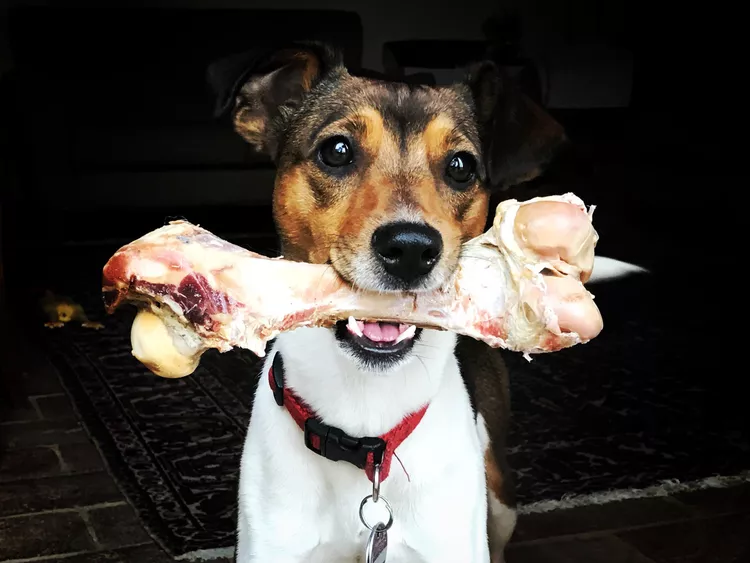
Why You Should Keep Cooked Bones Away From Your Dog This Holiday Season
People should be aware of the dangers of cooked bones, especially around the holidays when they might be more accessible to your pup.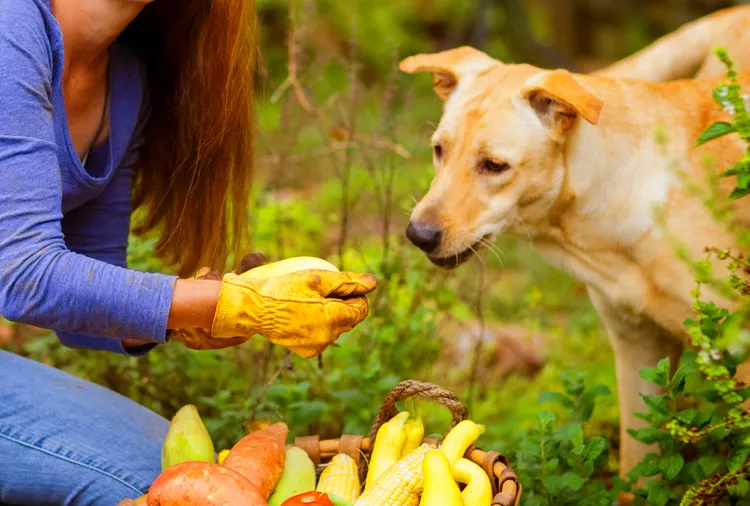
Can Dogs Eat Squash? Here's What a A Vet Thinks
Dogs can safely eat squash as long as it's prepared correctly. Find out how to properly feed this versatile fruit to your dog.
16 Small Cat Breeds That Are Petite Purring Machines
Small cat breeds like the Singapura and munchkin may be smaller than an average housecat, but they leave a giant imprint on your heart.
10 Best Cats With Big Ears
Cats with big ears often look extra endearing. Check out some common big-eared cats, including the Abyssinian, Devon Rex, Siamese, Sphynx, and more.
Javanese (Colorpoint Longhair): Cat Breed Profile, Characteristics & Care
The Javanese is a semi-longhaired, color-pointed cat of Siamese type. They are related to the Siamese, Colorpoint Shorthair, and Balinese breeds.
How to Stop Aggression in Dogs
Dog aggression can be a serious behavior issue for pet owners. Learn how to stop aggression in dogs before someone gets hurt.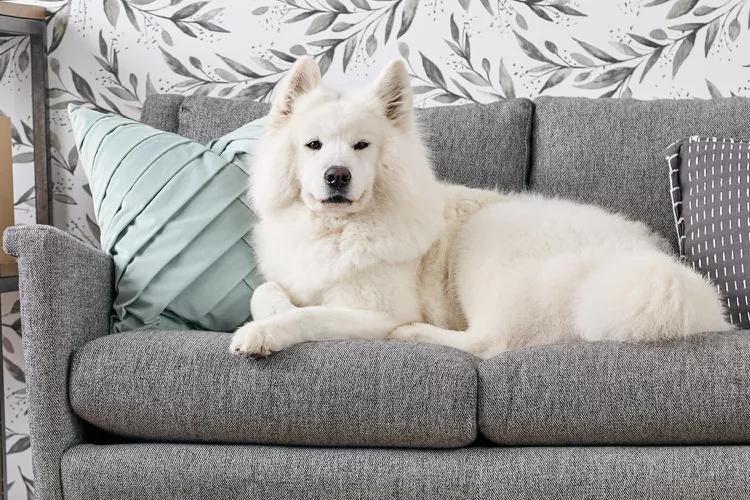
Should Dogs Be Allowed on Furniture?
Should you let your dog on the couch or in the bed with you? Are there any reasons we should not let dogs on the furniture? Here's what to know.
Why Do Dogs Eat Rocks?
One of the most common non-food items for dogs to eat are rocks. Here's what to know about why dogs eat them and how can you stop your dog from eating rocks.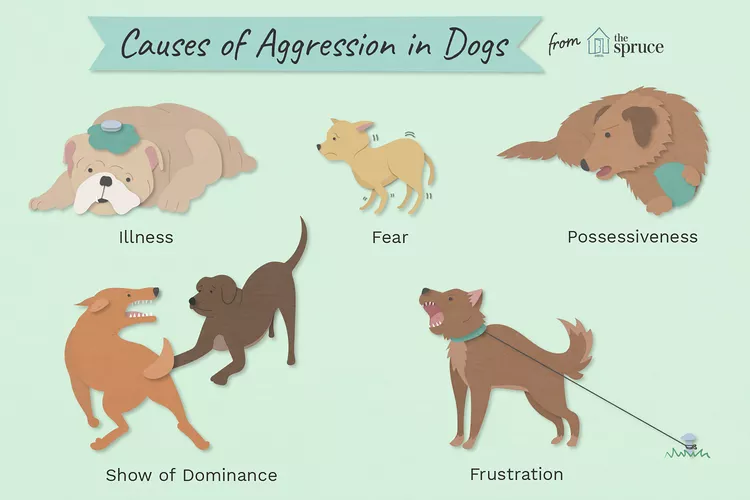
Why Dogs Get Aggressive and How to Stop It
Why is your dog biting you aggressively? Sometimes dogs can become aggressive with little warning. Find out what causes your dog to become aggressive so you can work with the behavior.
Thai Ridgeback: Dog Breed Characteristics & Care
Learn all about the Thai Ridgeback, a rare breed from Thailand. Find out how to care for the loyal dog and where to buy or adopt one.